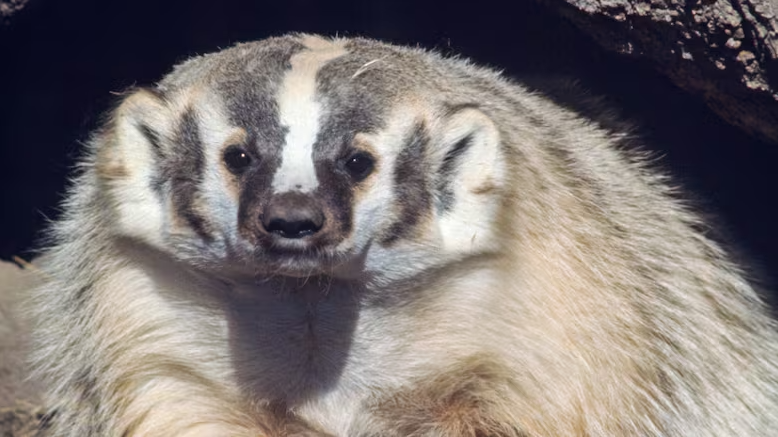New Campaign Aims to Save B.C.’s Endangered Badgers from Deadly Road Collisions
Shraddha Tripathy
7/3/20251 min read


A new provincial campaign is calling on B.C. residents to report sightings of the endangered American badger in an effort to reduce the number killed by vehicles — especially during the high-risk summer months.
“These months can be deadly,” said Karina Lamy, a carnivore conservation biologist with the B.C. government. “The mortality period starts in June, peaks in July, and then drops in August.”
Badgers, particularly females with young kits, often cross roads in search of food or territory. But with some areas reporting road mortality rates as high as 80 per cent, few of those kits survive into the fall.
To combat this, the B.C. Badger Connectivity Initiative — launched in partnership with Badgers in B.C., the Simpcw Resources Group, and the provincial government — is working to design safer road crossings. This includes retrofitting or building passable culverts at five key locations in B.C.’s Interior where badger deaths are most common.
“Sightings from people on the land are one of the most important tools we have,” said Ceryne Staples, who leads the conservation program for the Simpcwúl̓ecw.
The public is encouraged to report live or dead badger sightings at BadgersInBC.org. The data helps conservationists identify hotspots for future infrastructure.
American badgers are elusive — many locals in known badger habitats have never seen one. Estimates suggest there are just 245 mature badgers in the Cariboo, Thompson and Okanagan, and up to 160 in the Kootenay Boundary region.
Listed as endangered, their numbers have declined due to habitat loss, traffic deaths, and historical persecution as pests. But in reality, says Lamy, they’re misunderstood.
“They’re actually calm and relaxed animals — not the fierce, feisty type people imagine,” she said.
As part of the initiative, researchers are trapping badgers to fit them with GPS harnesses and installing cameras in culverts to monitor wildlife passage. The goal is to inform road planning with the Ministry of Transportation and First Nations partners to ensure badgers — and other species — have safe passage.
“With this data, we can build better roads together,” said Lamy.
News
Stay updated with the latest BC news stories, subscribe to our newsletter today.
SUBSCRIBE
© 2025 Innovatory Labs Inc.. All rights reserved.
LINKS
